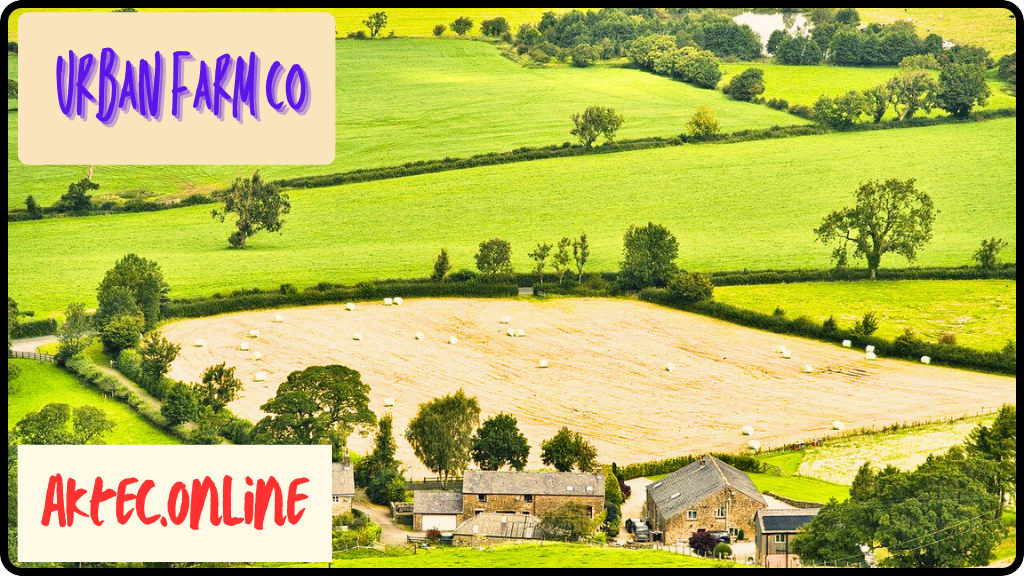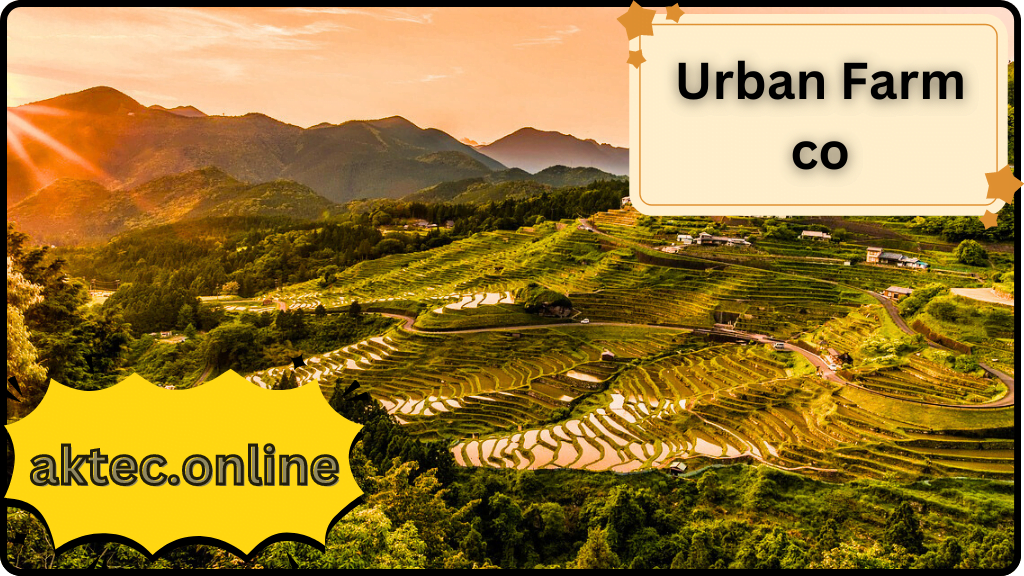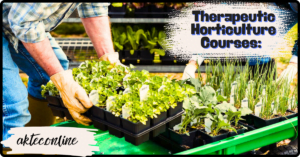
Start your urban farm journey with Urban Farm Co. Expert resources and support.
Urban Farm Co
Cultivating Greener Cities, One Rooftop Garden at a Time
Urban Farm Co. is at the forefront of a burgeoning movement, empowering individuals and communities to transform unused spaces into vibrant urban farms. As the demand for sustainable and locally sourced food rises, urban farming presents a unique opportunity to cultivate fresh produce amidst the concrete jungle, fostering positive environmental and social change.
This article delves into the exciting world of urban farming with Urban Farm Co, exploring its numerous benefits, practical steps for getting started, and strategies for successfully marketing and selling your urban farm’s bounty.
Benefits of Urban Farming
A Flourishing Tapestry
Urban farming extends far beyond simply growing vegetables. It offers a multitude of benefits that positively impact our environment, health, and communities:
Environmental Impact
Reduced Carbon Footprint
Urban farms minimize transportation emissions associated with traditional agriculture, contributing to a cleaner environment. Studies have shown that urban farms can significantly reduce the carbon footprint of food production compared to conventional methods that rely heavily on long-distance transportation.
For instance, a study by the Journal of Environmental Management found that urban agriculture in New York City could reduce transportation-related CO2 emissions by up to 14,000 tons annually. This translates to cleaner air, a healthier planet, and a more sustainable future for all.
Enhanced Biodiversity
By creating green spaces within cities, urban farms provide habitat for pollinators like bees and butterflies, essential for maintaining a healthy ecosystem. These urban oases also attract other beneficial creatures like ladybugs and birds, promoting a more balanced and diverse urban environment.
This biodiversity plays a crucial role in pest control, pollination, and overall ecosystem health, fostering a thriving and resilient urban landscape.
Stormwater Management
Urban farms act as natural sponges, absorbing rainwater and reducing flooding. This is particularly crucial in areas prone to heavy rainfall, where urban farms can mitigate the risk of flooding and improve overall water management.
Studies have shown that urban farms can retain and filter significant amounts of rainwater, reducing the burden on storm drains and preventing sewage overflows, contributing to a more resilient and flood-resistant urban infrastructure.
Health Benefits
Access to Fresh Produce
Urban farms provide residents with access to fresh, locally grown fruits and vegetables, promoting healthier eating habits and reducing reliance on commercially produced food that may contain harmful chemicals or travel long distances before reaching consumers.
Studies have shown that access to fresh, local produce can lead to increased fruit and vegetable consumption, contributing to improved overall health and reduced risk of chronic diseases.
Increased Physical Activity
Tending to an urban farm encourages physical activity and provides a sense of accomplishment. Engaging in activities like planting, weeding, and harvesting provides a healthy dose of exercise while nurturing a connection to the food we eat.
Studies have shown that urban farming can contribute to increased physical activity levels, particularly among individuals who may not engage in regular exercise routines. This translates to a healthier lifestyle, improved physical well-being, and a reduced risk of chronic conditions associated with sedentary lifestyles.
Improved Mental Wellbeing
Spending time in nature, even within a city, has proven positive impacts on mental health and stress reduction. Urban farms offer a haven from the hustle and bustle of city life, providing a space for relaxation, mindfulness, and mental rejuvenation.
Studies have shown that exposure to green spaces can reduce stress hormones, improve mood, and promote overall well-being. This translates to a calmer mind, reduced anxiety, and a greater sense of peace within the urban environment.
Community Involvement
Cultivating Connections and Collaboration
Community Building: Urban farms foster a sense of community, bringing people together through shared experiences and a common goal. These shared spaces encourage interaction and collaboration, fostering a stronger sense of belonging within the community.
Urban farms often host workshops, events, and gatherings, creating opportunities for residents to connect with their neighbors and build meaningful relationships, strengthening the social fabric of the urban landscape.
Educational Opportunities
Urban farms serve as living classrooms, providing educational opportunities about sustainable agriculture and healthy eating, particularly for children. This hands-on learning experience fosters a deeper understanding of food production, the importance of environmental responsibility, and the connection between our food choices and the health of our planet.
Educational programs offered by urban farms can inspire children to become responsible consumers and advocates for sustainable food systems, shaping a generation of environmentally conscious individuals.
Economic Development
Urban farms create local jobs and stimulate the local economy by providing fresh produce to restaurants, markets, and individuals within the community. This localized food system reduces reliance on external sources and strengthens the economic fabric of the city.
Urban farms can create job opportunities for individuals with diverse skillsets, including farmers, educators, marketers, and delivery personnel, contributing to a more vibrant and self-sufficient local economy.
How to Start an Urban Farm
Cultivating Your Green Oasis

Embarking on your urban farming journey requires careful planning and consideration. Here’s how to get started with Urban Farm Co. and begin your adventure:
Location and Space Considerations
Identify available space
Utilize rooftops, balconies, vacant lots, or even small backyard patches. Urban farming can be adapted to various spaces, making it accessible to individuals with limited land resources. Container gardening, vertical gardening techniques, and raised beds are all effective methods for maximizing space utilization in urban settings.
Assess sunlight and water access
Ensure your chosen location receives adequate sunlight for optimal plant growth and has access to a reliable water source. Researching average sunlight hours in your area and implementing water-saving techniques like rainwater harvesting are crucial for success.
Research local regulations
Familiarize yourself with any zoning restrictions or permits required for urban farming in your area. Compliance with local regulations ensures a smooth start and avoids any potential legal complications.
Choosing the Right Crops
Select crops suited to your climate: Research and choose crops that thrive in your local growing season and weather conditions. This ensures optimal yields and reduces the risk of crop failure. Consider factors like temperature, rainfall patterns, and sunlight availability when selecting your crops.
Start small and scale gradually
Begin with a manageable number of crops and expand as you gain experience. This allows you to refine your techniques and build confidence before taking on a larger project. Starting small allows you to experiment with different crops and techniques, identifying what works best for your specific location and resources.
Consider vertical gardening techniques
Maximize space utilization by implementing vertical gardening methods like hanging planters or trellises. This is particularly beneficial for those with limited horizontal space and allows you to grow more crops in a smaller area. Vertical gardening techniques are ideal for growing leafy greens, herbs, and certain vining vegetables like tomatoes and cucumbers.
Sustainable Practices
Cultivating a Healthy Ecosystem
Composting: Create nutrient-rich compost from food scraps and yard waste to nourish your crops organically. Composting reduces waste and provides a natural fertilizer for your urban farm, promoting sustainable food production. Composting also helps to improve soil health and fertility, leading to increased crop yields and overall garden productivity.
Water conservation
Implement water-saving techniques like drip irrigation or rainwater harvesting. This minimizes water usage and ensures efficient water management, particularly important in areas facing water scarcity. Drip irrigation delivers water directly to the roots of plants, minimizing evaporation and water waste.
Integrated pest management
Utilize natural methods to control pests and maintain a healthy ecosystem in your urban farm. This avoids the use of harmful chemical pesticides and promotes a more balanced and sustainable approach to pest control. Integrated pest management techniques include attracting beneficial insects, using organic pest control solutions, and encouraging biodiversity within your urban farm.
Marketing and Selling Your Urban Farm Products
Sharing the Bounty
Once your urban farm flourishes, connecting with your target audience becomes crucial:
Building a Brand
Develop a unique brand identity: Create a recognizable logo and messaging that reflects your values and the quality of your produce. This helps you stand out in the market and build trust with potential customers.
Leverage social media platforms
Utilize platforms like Instagram and Facebook to showcase your farm, connect with potential customers, and share educational content. Engaging visuals and informative content attract attention and build a loyal following. Share photos and videos of your farm, your harvest, and the stories behind your produce.
Utilizing Social Media

Connect with local markets
Partner with farmers markets, restaurants, or community-supported agriculture (CSA) programs to sell your produce directly. This provides a direct sales channel and allows you to connect with customers who value locally grown food.
Offer online ordering and delivery
Provide convenient options for customers to purchase your products online and arrange delivery. This caters to busy individuals and expands your reach beyond your local market. Consider offering subscription boxes or CSA memberships to create a loyal customer base.
Conclusion
Urban Farm Co. doesn’t just provide information, they empower you to take action. By providing comprehensive support, including:
Educational Resources
Access online courses, workshops, and webinars covering various aspects of urban farming, from seed starting to pest management.
Community Network
Connect with other urban farmers in your area through online forums, meetups, and events, fostering collaboration and knowledge sharing.
Expert Support
Consult with experienced urban farming professionals at Urban Farm Co. for personalized guidance and problem-solving assistance.
Sustainable Products and Supplies
Access a curated selection of organic seeds, soil amendments, tools, and equipment specifically designed for urban farming needs.
With Urban Farm Co. as your partner, you can embark on a successful urban farming journey, transforming your city one green space at a time. Remember, every seed planted, every crop nurtured, and every harvest shared contributes to a healthier, more vibrant, and food-secure urban landscape. So, get started today, cultivate your green oasis, and join the movement that’s changing our cities for the better.
FAQs
General
What is Urban Farm Co. ? Urban Farm Co. is a comprehensive resource and support system for individuals and communities interested in starting or expanding their urban farming journey. We provide educational resources, expert guidance, and sustainable products to empower you to cultivate fresh, local produce within your city.
Why is urban farming important? Urban farming offers numerous benefits, including: Reduced environmental impact through minimized transportation emissions. Enhanced biodiversity and improved urban ecosystem health. Increased access to fresh, local produce and healthier eating habits. Community building and fostering connections within your neighborhood. Creation of local jobs and stimulation of the local economy.
Getting Started
How do I start an urban farm with limited space? Urban farming can be adapted to various spaces, even rooftops, balconies, or small backyards. Consider container gardening, vertical gardening techniques, and raised beds to maximize space utilization.
What crops should I choose for my urban farm? Select crops suited to your local climate and growing season. Start small with manageable varieties and consider factors like sunlight availability and water needs.
How can I ensure sustainable practices in my urban farm? Implement composting, water conservation techniques like rainwater harvesting, and utilize natural pest control methods to maintain a healthy ecosystem.
Selling Your Produce
How can I market and sell the produce from my urban farm? Develop a brand identity, leverage social media platforms, connect with local markets and restaurants, and consider offering online ordering and delivery for wider reach.
Urban Farm Co. Support
What resources does Urban Farm Co. offer? We provide online courses, workshops, a community network for connection, expert consultations, and a curated selection of sustainable products specifically designed for urban farming needs.
How can I get started with Urban Farm Co.? Visit our website to explore our resources, connect with our community, and learn more about how we can support your urban farming journey.
Additional
Do I need a permit for urban farming in my area? Research local regulations and zoning restrictions to ensure compliance before starting your urban farm.
Where can I find more information about urban farming? Urban Farm Co. offers a wealth of educational resources, and you can also connect with local gardening groups or agricultural extension services for further guidance.









